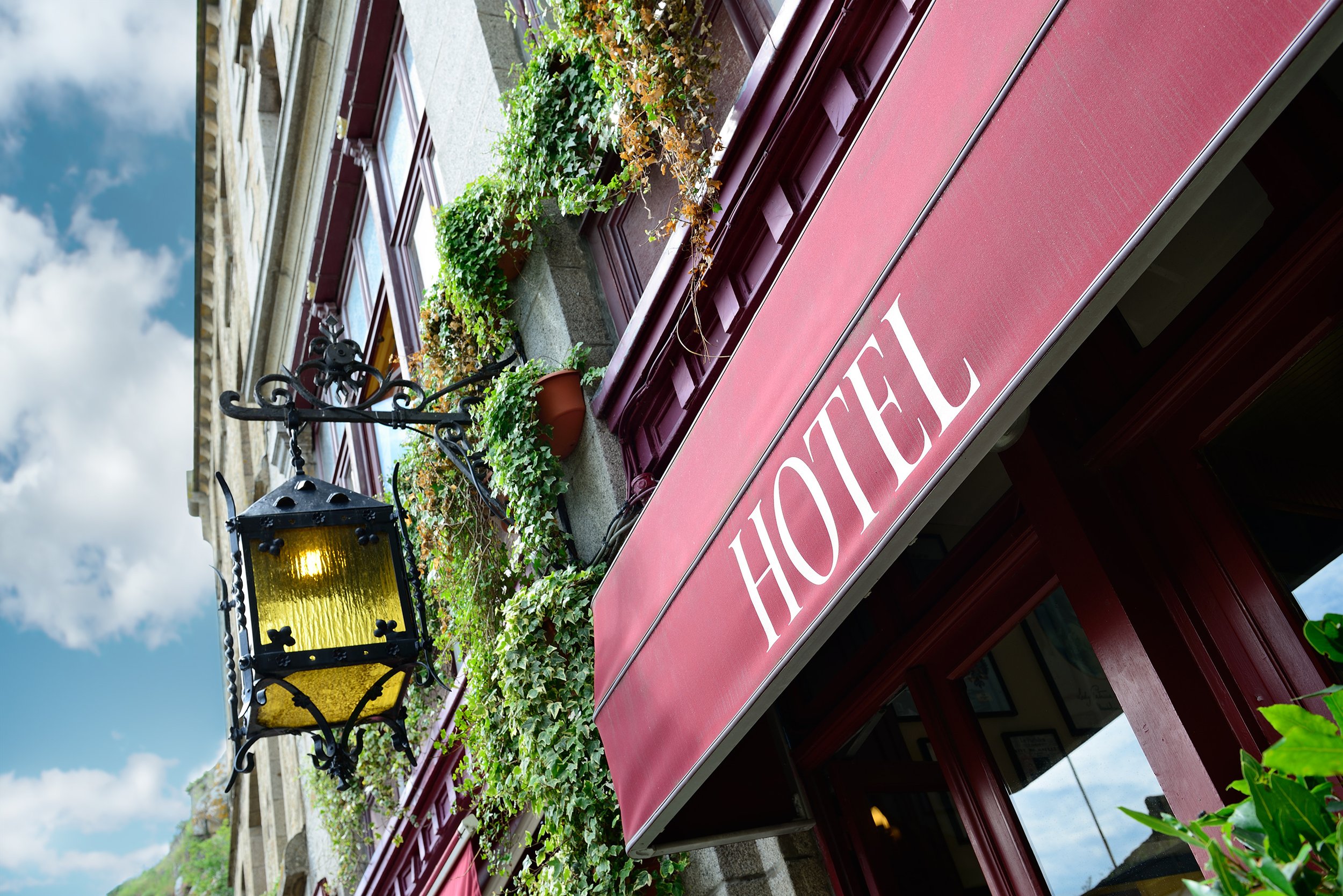The European hospitality industry is looking for people who will stay.
Following strict restrictions on leisure and business travel, the Covid-19 pandemic cost the European accommodation industry EUR115 billion in lost revenue in 2020. A more robust summer season helped France and Germany see annual turnover fall by "only" -43 per cent and -44 per cent, respectively, compared to -53 per cent, -61 per cent, and -64 per cent for the United Kingdom, Italy, and Spain.
Because of a disastrous first quarter, the recovery will be patchy and only partial in 2021. However, activity will significantly improve as most markets populations reach herd immunity in the second half of the year.
Due to the different economic recovery rates across countries and structural differences in local accommodation markets will also feel very differently.
Countries, regions, cities, or hotels that rely on international and business visitors will lag behind peers who serve mainly local leisure visitors. Furthermore, hotel companies with the highest capital intensity, those bearing the real estate debt burden (debt repayment and interest), are more vulnerable than those that switched to an asset-light model, focusing instead on hotel franchising or management. Hotels with asset-heavy business models may consider selling real estate assets to strengthen their balance sheets and reduce cost structures.
This challenging market environment may result in greater hotel chain penetration in Europe, where independent hotel owners and managers occupy most. Owners and managers may consider seeking assistance from chains with more effective advertising, marketing, and IT resources to counteract or avoid the growing influence of online travel agencies and customer-to-customer vacation rental platforms.
Hotel companies will need to innovate and keep up with web-based challengers and intermediaries to capture new revenue streams.
The COVID-19 crisis has played a significant role in hastening structural shifts, particularly in digitising consumer and business services. With which hotels must keep up, increased penetration of e-commerce, food delivery, remote working, video conferencing, and so on. Web-based challenges and intermediaries to the hotel industry, such as customer-to-customer vacation rental platforms like Airbnb or online travel agencies (OTAs) like Booking or Expedia, could not avoid the 2020 travel collapse fared no better than the accommodation industry. On the other hand, consumers and businesses are likely to make even greater use of convenient digital platforms once restrictions lift.

